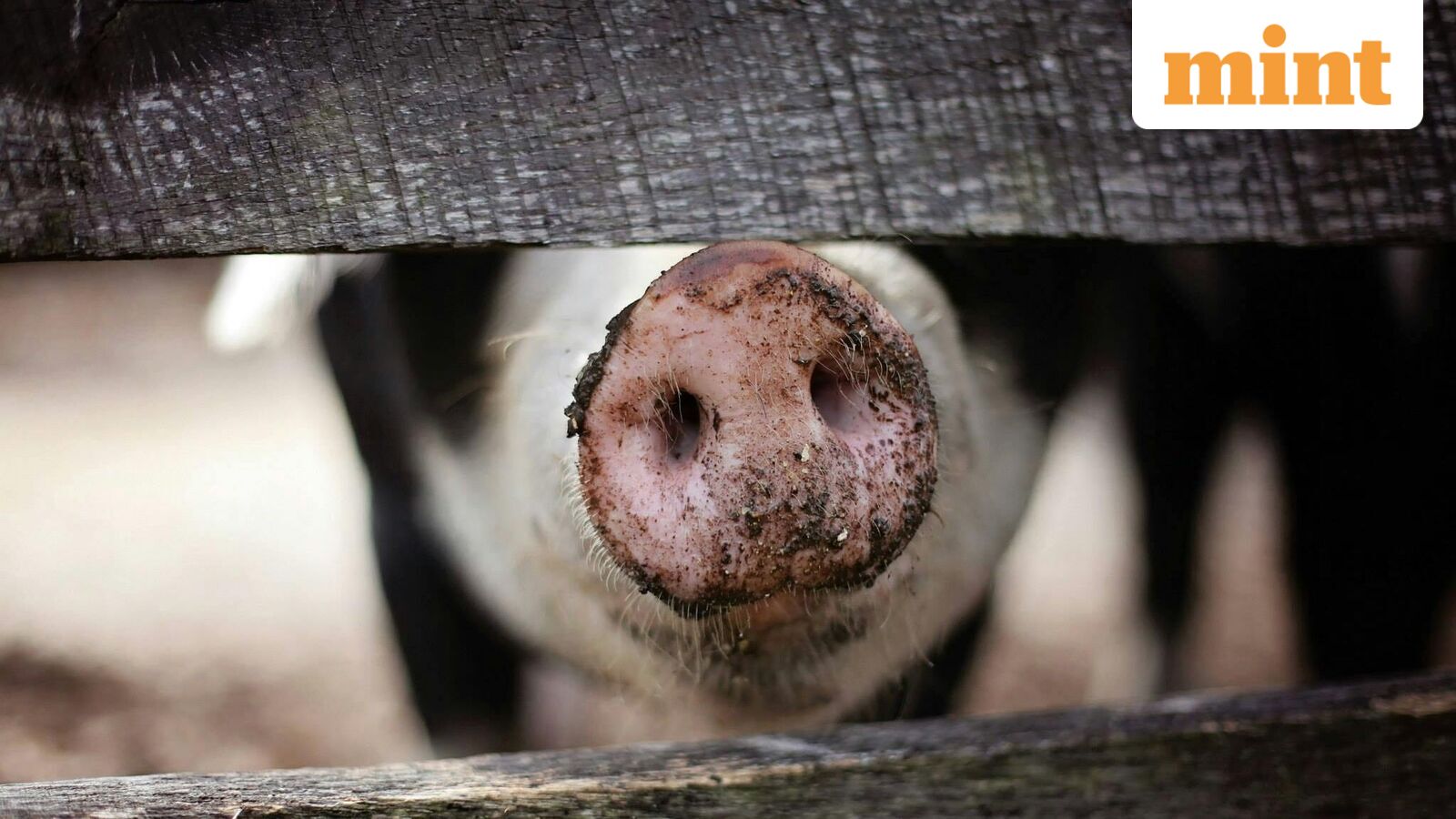Gene-edited pig kidneys offer hope for organ donors
Science & Technology SciencePosted by AI on 2025-09-08 18:48:42 | Last Updated by AI on 2025-09-09 23:55:27
Share: Facebook | Twitter | Whatsapp | Linkedin Visits: 1

Genetic engineering company, eGenesis, has received FDA approval to move forward with human trials of gene-edited pig kidneys, offering hope to the 37 million Americans suffering from chronic kidney disease.
##### The Need for Kidney Transplants
With around 80% of kidney diseases stemming from diabetes, high blood pressure, or glomerulonephritis (a condition where the kidneys become damaged), kidney failure is sadly all too common. And with a mere 17% of these patients finding suitable donors, many sufferers opt for dialysis or a kidney transplant.
This groundbreaking trial could offer a viable solution to the huge disparity between patient need and donor availability.
##### Previous Attempts and Challenges
While the idea of using animal organs to mitigate the organ donor shortage is not new, previous attempts have encountered several roadblocks, including immunological challenges and potential risks of viral infection.
eGenesis aims to sidestep these issues by using gene editing to produce pig organs that are more compatible with humans. Previously, the company successfully demonstrated survival of gene-edited pig kidneys in baboons.
This is a promising development for those suffering from chronic kidney disease and for whom conventional solutions don't work.
##### What's Next?
eGenesis hopes to treat its first patient with a gene-edited pig kidney this year.
Professor Joseph Fraietta, a xenotransplantation expert from Vanderbilt University, remarks on the promising advancements in the field: "I think this is a tremendous achievement that could have a tremendous impact on the field of transplantation... on the incredibly difficult problem of the shortage of organs."
It's hoped that, in the near future, the trials will offer a much-needed lifeline for kidney disease patients.
Search
Categories
- Sports
- Business
- National
- Investments
- History
- Politics
- International
- Science & Technology
- Social Issues
- Disaster Management
- Current Affairs
- Events & Jobs
- మన పార్టీ
- మన నాయకత్వం
- మన విజయాలు
- డౌన్లోడ్స్
- మీడియా వనరులు
- కార్యకర్తలు
- రాజకీయం
- బిజినెస్
- సంపాదకీయం
- నవ్య
- చిత్ర జ్యోతి
- క్రీడలు
- జాతీయం
- తెలంగాణ
- తాజా వార్తలు
- Fast Check
- South
- Gallery
- Sunday Chronicle
- Hyderabad Chronicle
- Technology & Innovation
- Innovations and Initiatives
- బిజినెస్
- North East Skill Center News
- Government Schemes
- Entrepreneurship Support
- Employment Opportunities
- Skill Training Programs
- Education
- Startup Business
- Startup News
- Awards
- Community Services
- Fundraising Events
- Volunteer Services
- Health Initiatives
- సినిమా
- లైఫ్ స్టైల్
- క్రైం
- ట్రెండింగ్
- జాబ్స్
- అంతర్జాతీయo
- Market Buzz
- Awards
- Partners
- Products
- Press Releases
- News
- Departments
- Initiatives
- Resources
- Telangana IT Parks
- Press Releases
- News
- Airport News
- Sports
- Business
- Newtons Laws of Motion
- Karbonn in Business
- Investments in Karbonn
- Company quarterly sales
- Markets
- Auto News
- Industry
- Money
- Advertisements
- Stock target
- Company Updates
- Stock Market
- Company Sales
- Staffing and HR
- Constituency Assembly
- General News
- Srikalahasti Temple
- Bojjala Sudhir Reddy
- Products
- Industries
- Services & Trainings
- Tools & Resources
- Technology Integration
- Drug Seizures & Arrests
- Telangana Narcotics
- Law & Enforcement
- Rehabilitation
- Nationwide Drug Policing
- Nigeria Seizures
- Global Operations
- Drug Awareness
- Drug Enforcement Tech
- NCB Drug Seizures
- Judicial Crackdown
- India's Surveillance Tools
- Cross-Border Links
- Women Safety
- Cyber Crimes
- Drug Abuse
- Traffic & Road Safety
- Community Connect
- Public Safety Alerts
- Citizen Assistance
- Nellore City News
- Politics & Administration
- Events & Festivals
- Agriculture & Rural
- Business & Economy
- Health & Wellness
Recent News
- Speeding Drivers Causing Accident Pile-Up in Hyderabad
- Officer arrests 17 in Hyderabad for cybercrime violations
- Rainfall Alert: Hyderabad, Coastal Karnataka, and Telangana warned of heavy rains
- Telangana on High Alert After Operation Sindoor Uncovers Large Scam
- Floodwaters rise around her.
- Hyderabad Ganesh Visarjan: The procession, the traffic diversions and parking spots you need to know about
- Civic body's mortgage scam exposed, TDP MLC alleges racket
- iPhone 17 Launch Highlights Editing Innovations From Apple